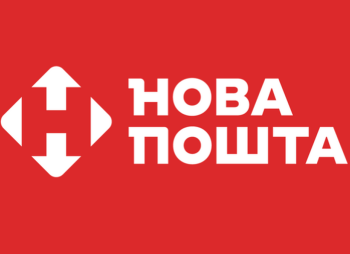On March 1 PrivatBank, a leading Ukrainian bank, launched an advanced P2P and P2B lending service, allowing individuals and businesses to borrow money from each other directly.
Christened ‘Profitable Investment Service,’ this offer aims to “provide small businesses and individuals with an opportunity to borrow money quickly and at low interest rates,” said PrivatBank First Vice Chairman Oleg Gorokhovskiy.
In addition, the technology will “allow third-party to access to (new) credit portfolios and thus come back to the consumer and corporate credit markets.”
The service has been made available both online and via the bank’s physical outlets. Thus small businesses may request amounts of up to Hr 300,000 ($11,000). Credit requests are submitted to potential lenders during up to two months.
The requests specify the company’s name and activity as well as bonuses and other loyalty benefits which the borrower may offer lenders.
“Just imagine, you can lend money to the bakery where you buy bread every day,” wrote Gorokhovskiy.
The loans are insured by Ingosstrakh while the repayments are guaranteed by PrivatBank.
Over the past few years PrivatBank has positioned itself as a digital pioneer on the Ukrainian banking scene. In 2014, the company launched a network of offline e-commerce access points, where shoppers are assisted by bank employees to create orders, organize shipments from foreign stores, clear customs, or obtain credit for a purchase.
In January this year, PrivatBank unveiled the beta version of PrivatMarket, a new B2B and B2C online marketplace.
The bank also intends to launch soon a crowdfunding platform.
Anton Vokrug, the CEO Data Scoring, a research and investing information company, says the reason why P2P lending getting traction around the world is that "financial processes are becoming more fluid everywhere, thanks to new technologies, while plenty of people are interested in new possibilities to invest their money."
Vokrug thinks Ukraine is also affected by the global trend of applying P2P lending. "Last year, the population had no less than $92 billion in hands," he said. "Even a small fraction of this amount would represent a huge volume if invested in P2P lending."
According to him, however, it's not easy to distinguish honest borrowers from dishonest ones.
"This is a key challenge in P2P lending," Vokrug told Ukraine Digital News on March 25. "However, new technologies may be part of the solution. Through deep Big Data analysis, new algorithms may reveal patterns and various correlations which may be used to estimate the credibility of a lender and the probability of a default on a loan."






